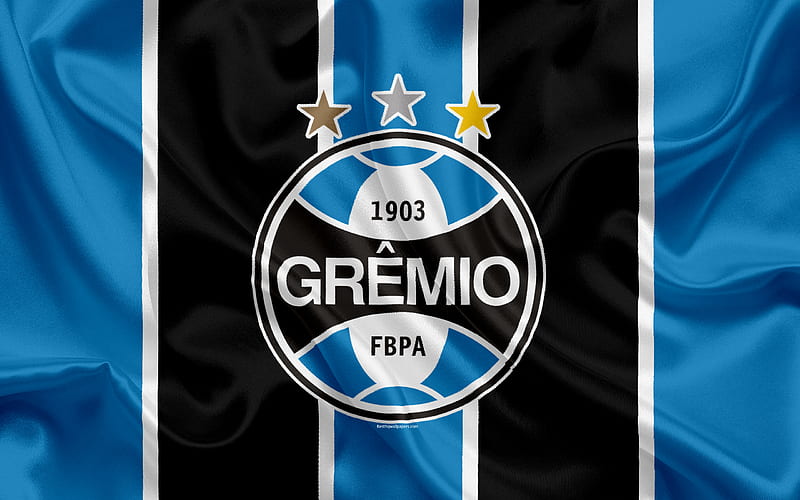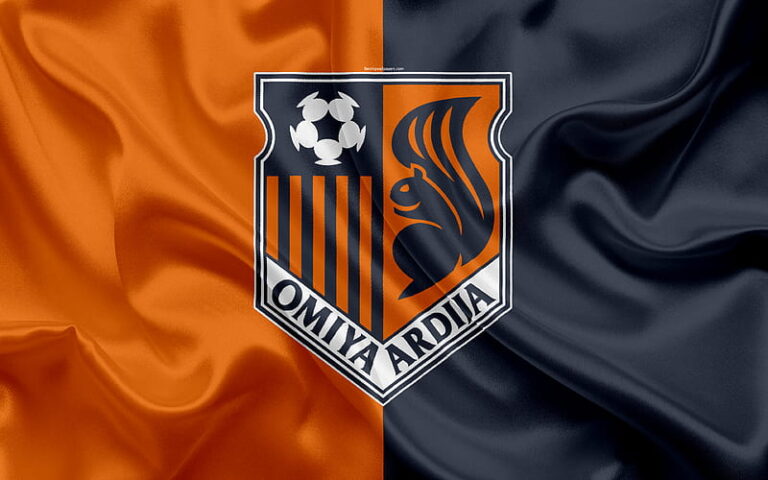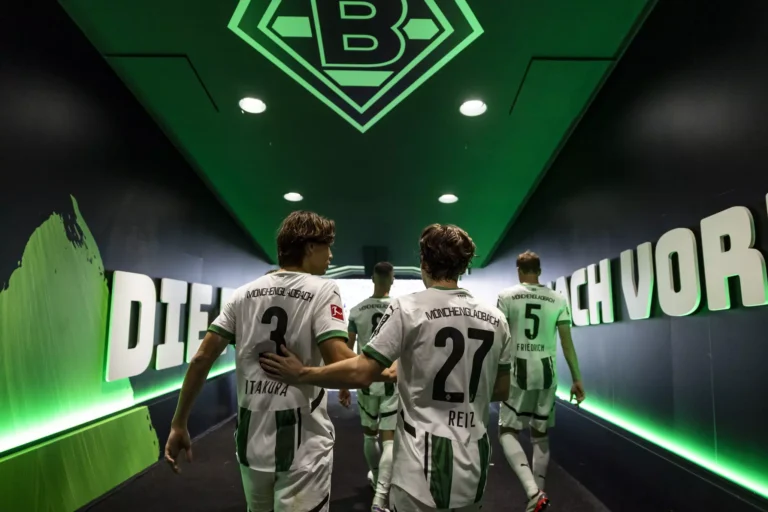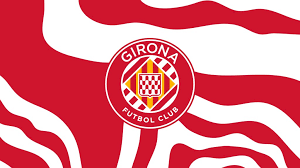
Gremio FC
Gremio FC stands as one of the most storied and revered football clubs in Brazil and South America. With a rich history filled with remarkable triumphs, passionate supporters, and a tradition of nurturing legendary players, Gremio FC has cemented its legacy not only domestically but also internationally. This article explores the deep roots, notable milestones, recent developments, and the ongoing journey of Gremio FC, offering a comprehensive understanding of what makes this club a titan in the world of football.
The Origins and Evolution of Gremio FC
Gremio FC’s inception traces back over a century ago, rooted in the vibrant city of Porto Alegre, Brazil. Its foundation was driven by the enthusiasm of young sports enthusiasts aiming to establish a club that would embody community spirit, resilience, and competitive excellence. Over the decades, Gremio has grown from a local team into a global football powerhouse, reflecting the cultural mosaic of Brazil and the universal language of sport QQ88.
The Foundation and Early Years
Gremio FC was officially founded on September 15, 1903, making it one of the oldest clubs in Brazil. The founders were a group of students from Porto Alegre who envisioned creating a club that promoted not just football but also camaraderie and societal integration. Initially, the club participated in regional tournaments, but even during this nascent period, it exhibited a unique blend of technical skill and strategic discipline.
The early years were marked by intense local rivalries, especially with Internacional, its traditional sister club. These rivalries fueled the club’s competitive spirit and helped develop a passionate fan base. The club’s initial successes in regional competitions laid the groundwork for its later national and international achievements.
The Growth Through the 20th Century
Throughout the early and mid-20th century, Gremio FC evolved significantly. The club invested in better training facilities, scouting, and youth development programs, which began to bear fruit in the form of talented players and successful campaigns. During this period, Gremio secured several Campeonato Gaúcho titles, establishing regional dominance.
Globally, the club started to garner attention with its distinctive playing style—characterized by technical finesse, strategic discipline, and resilience. The 1980s marked a turning point with the elevation to international prominence, as Gremio competed fiercely in continental tournaments, setting the stage for its reputation as a major South American club.
The Modern Era and Global Expansion
The 21st century heralded a new chapter for Gremio FC, marked by substantial investments, trophy hauls, and an emphasis on developing young talent. The club embraced global football trends by engaging in international tournaments like the Copa Libertadores, the FIFA Club World Cup, and others. The club’s fan base expanded beyond Brazil, with supporters’ groups emerging across South America, North America, Europe, and Asia.
The evolution of Gremio into a modern club also involved infrastructural developments, including the renovation of the Arena do Gremio, which became one of the most modern stadiums in Latin America. These efforts reinforced its image as a club rooted in tradition but forward-looking and adaptable to contemporary football challenges.



